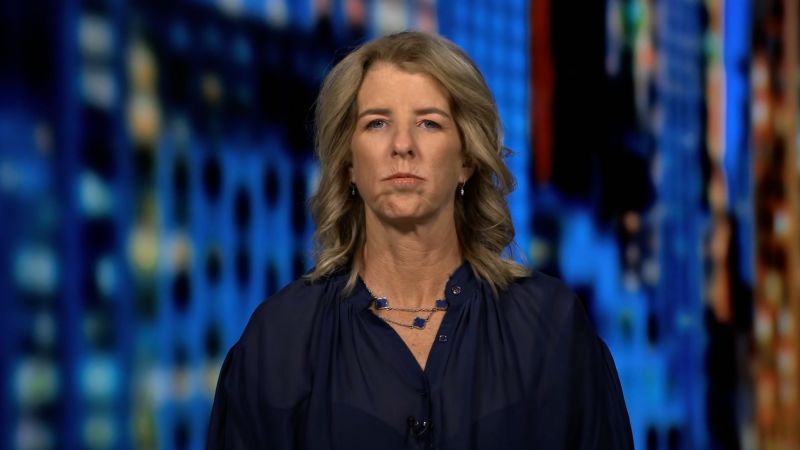Rory Kennedy, the sister of Robert F. Kennedy Jr., recently shared her reasons for not supporting her brother’s presidential campaign to challenge President Joe Biden for the Democratic nomination. In an interview with CNN’s Erin Burnett, she expressed concerns about the potential impact and implications of his run for the presidency. As a member of a family that has played a significant role in shaping the modern Democratic Party, Rory Kennedy’s decision not to support her brother’s campaign highlights the divisions within the Kennedy family over his candidacy.
Despite their shared family legacy and history of political involvement, Rory Kennedy explained that she did not believe her brother’s campaign was the right choice for the party or the country. She pointed to the current political climate and the need for unity within the Democratic Party as reasons for her decision not to endorse his candidacy. This stance reflects a broader concern within the party about the potential for division and conflict in the upcoming presidential election, particularly in the face of a strong incumbent like President Biden.
The Kennedy family has long been associated with the Democratic Party and has played a key role in shaping its principles and policies over the years. Robert F. Kennedy Jr.’s decision to challenge President Biden for the Democratic nomination has raised questions about the party’s direction and future, particularly in light of his family’s iconic status within Democratic politics. Rory Kennedy’s decision not to support her brother’s campaign underscores the complexity of the family’s legacy and the challenges they face in navigating their political influence in the current climate.
As the daughter of Robert F. Kennedy and Ethel Kennedy, Rory Kennedy is no stranger to the world of politics and public service. Her decision to publicly oppose her brother’s presidential campaign reflects her own values and beliefs, as well as her concerns about the impact his candidacy could have on the party and the country as a whole. By speaking out against his campaign, she is sending a signal that the family is not unified in their support for his political ambitions and that there are legitimate concerns about his ability to lead effectively.
The Kennedy family name carries a weight of its own in American political history, with a legacy that spans generations and includes some of the most iconic figures in Democratic politics. Robert F. Kennedy Jr.’s decision to run for president has drawn attention not only to his own political ambitions but also to the broader implications for the Kennedy family and their place within the Democratic Party. Rory Kennedy’s decision to publicly distance herself from her brother’s campaign signals a deeper rift within the family over his candidacy and raises questions about the family’s enduring influence in Democratic politics.
In the face of a challenging and divisive political landscape, the Kennedy family finds itself at a crossroads, with competing visions for the future of the Democratic Party and the country. Robert F. Kennedy Jr.’s presidential campaign represents a significant departure from the party’s current leadership and has sparked debate and discussion within the family about the best path forward. As the presidential election approaches, the Kennedy family’s internal divisions and conflicting loyalties highlight the complexities of navigating political power and influence in an increasingly polarized political environment.


